
The Salt Path (dir. Marianne Elliott)
Certificate: 12A
Running Time: 115 mins
UK Distributor: Black Bear Films
UK Release Date: 30 May 2025
WHO’S IN THE SALT PATH?
Gillian Anderson, Jason Isaacs, James Lance, Hermione Norris, Lloyd Hutchinson, Robbie O’Neill, Megan Placito, Rebecca Ineson
WHO’S BEHIND THE CAMERA?
Marianne Elliott (director), Rebecca Lenkiewicz (writer), Peter Hampden, Kristin Irving, Elizabeth Karlsen, Beatriz Levin, Lloyd Levin, Norman Merry, Thorsten Schumacher and Stephen Woolley (producers), Chris Roe (composer), Hélène Louvart (cinematographer), Gareth C. Scales and Lucia Zucchetti (editors)
WHAT’S IT ABOUT?
An impoverished couple (Anderson and Isaacs) embark on a meaningful trek…
WHAT ARE MY THOUGHTS ON THE SALT PATH?
In 2013, married couple Raynor and Moth Winn took the phrase “take a hike” all too literally when, after being made homeless (among other devastating life changes), they set off on an impossibly long trek across the South West coast that eventually formed the basis for Raynor’s best-selling book The Salt Path. Inevitably, said book is now a film, under the direction of Marianne Elliott – making her film debut after a long career in theatre – and adapted by screenwriter Rebecca Lenkiewicz, of She Said and Disobedience.
But try as they might to give this fascinating true story the respect and sensitivity that it deserves, the filmmakers struggle to fully bring what is essentially as much a travelogue as it is a memoir into a more cohesive filmic structure, one that tends to flip-flop with tone and focus while also making what is otherwise an intriguing narrative feel as exhausting as actually embarking on such a long hike.
The film begins with a non-linear approach, cutting to and from numerous moments within the then-ongoing plight of Raynor (Gillian Anderson) and Moth (Jason Isaacs). Said moments include them lose their farmhouse after a bad investment, receiving news that Moth has a slow-acting neurodegenerative disease that comes with a few years’ life expectancy, and ultimately deciding to embark on the 630-mile long South West Coast Path, famous for being the longest uninterrupted walk in England, with only their tent, limited supplies, and even more limited money on their persons.
Though it eventually settles down, this initial opening stretch of The Salt Path is frustratingly all over the place. There is little consistency with how the film chooses to tell this story, as it’ll be flashing back and forth quite a bit, sometimes even randomly between scenes that don’t have much if any thematic connection with one another, which can often throw you for a loop as you try to figure out where in this story you’re supposed to land your feet. I remember having a very similar problem with last year’s The Outrun, another memoir adaptation that was ultimately marred by its rather unnecessary non-linear approach which, despite its good intentions, made the whole thing feel needlessly jumbled. At least with The Salt Path, director Elliott largely reserves the constant jumps in time for her film’s first act, but in doing so comes dangerously close to fumbling the vital establishment of plot and characterisation that’s needed to form an emotional connection to what is happening on the screen.
But even when the central couple’s journey gets fully underway, the film tends to take some detours that are rather odd in the grander scheme of things. Having not read the book, I find it difficult to know whether much of what happens here actually occurred during Raynor and Moth Winn’s actual trek, but something tells me that certain encounters weren’t quite as heightened or even as sitcom-like as they’re handled here. One sequence sees the couple being briefly taken in by a wealthy group with strange mannerisms that have you wondering if they’ve stumbled upon some kind of cult, only for that plotline to come to an abrupt halt when it’s clear there’s been a case of mistaken identity, like it’s turned into a throwaway episode of Curb Your Enthusiasm all of a sudden. Later on, they’re joined on their walk by another much younger homeless person, which at first seems like there’s going to be some much deeper conversation regarding the overall conversation of homelessness, but then she’s gone as soon as she arrives, well before she even becomes a character of any kind.
Lenkiewicz’s script fills itself with such bizarre non-sequiturs – which, again, I’m not sure were lifted from Raynor Winn’s book or were invented for this film – to fill in for how the main story is, quite frankly, not that interesting within a cinematic lens. In reality, there’s no doubt that what this couple went through not just on their walk but in their personal lives was extremely difficult, and props to them for not only overcoming such troubles but finding a way to find stability once more through the success of their books and further philanthropy. But in a much stricter narrative realm like film, there are certain things which need to be in place in order to engage the viewer and give them something beyond the emotional stakes, and The Salt Path often feels like it’s stalling even when the two main characters – who are brought to life by a couple of tender turns from Gillian Anderson and Jason Isaacs – are fully marching further toward their end goal. The lack of focus, especially at the beginning, and largely uneventful plotting make it feel like you’re just watching two people on a very long hike, which is essentially what the plot of both this film and the book is, but here it’s not done in an interesting enough way to really make you connect with this journey.
It’s not an outright awful film, for in addition to the solid lead performances there is definite heart in the ways that this couple interacts with each other, and there is some stunning cinematography that captures the vast beauty of these cliff-edge walking trails which, if you’re up for it, almost makes you want to try this trek yourself. It’s a shame that the rest of The Salt Path gets a little bit lost on its own hike towards the screen.
SO, TO SUM UP…
The Salt Path adapts Raynor Winn’s bestselling memoir and travelogue with noble intentions that are often beautiful to look at, but a frustrating lack of focus due to its non-linear approach and odd narrative detours to make up for the story’s uneventfulness make it feel exhausting to keep up with.




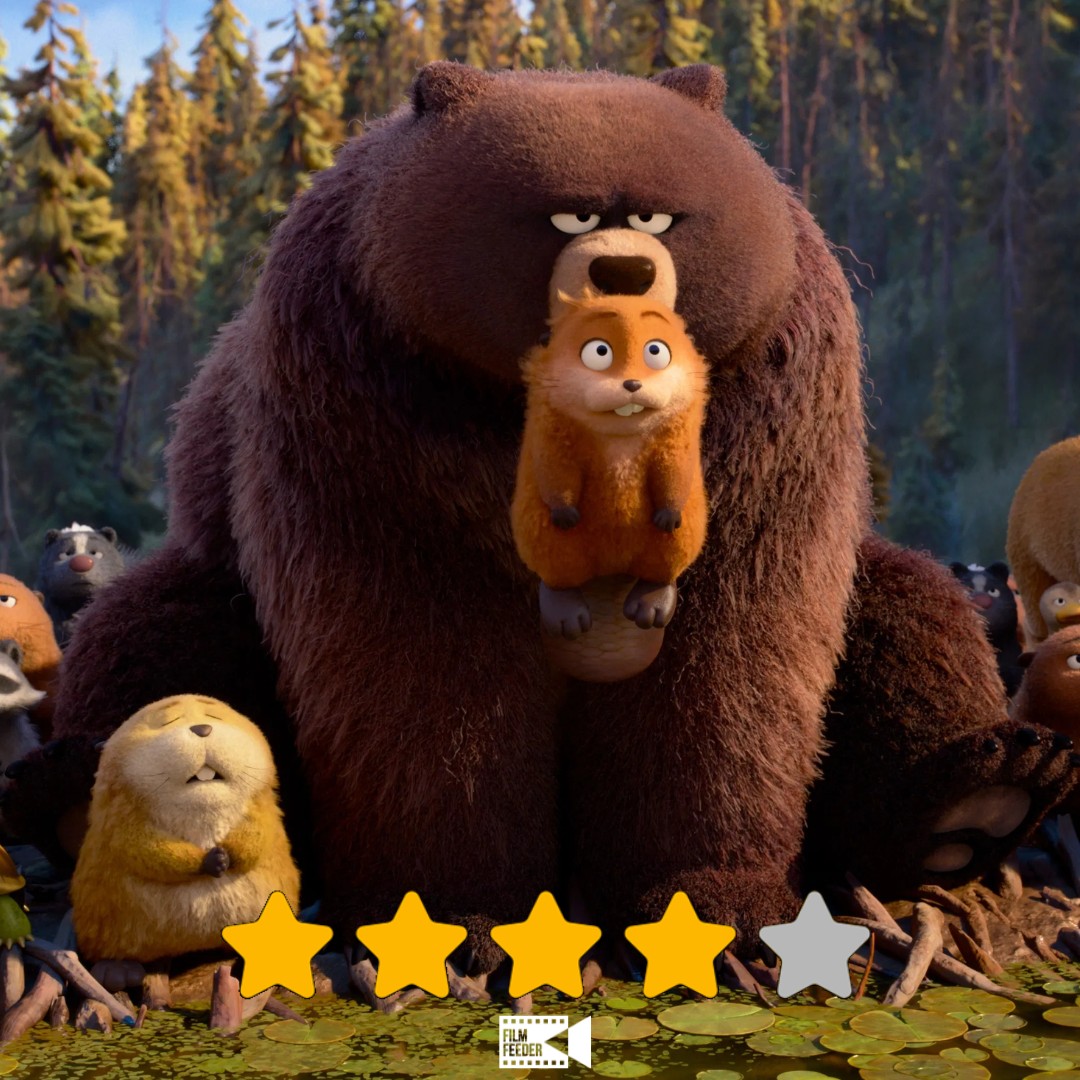

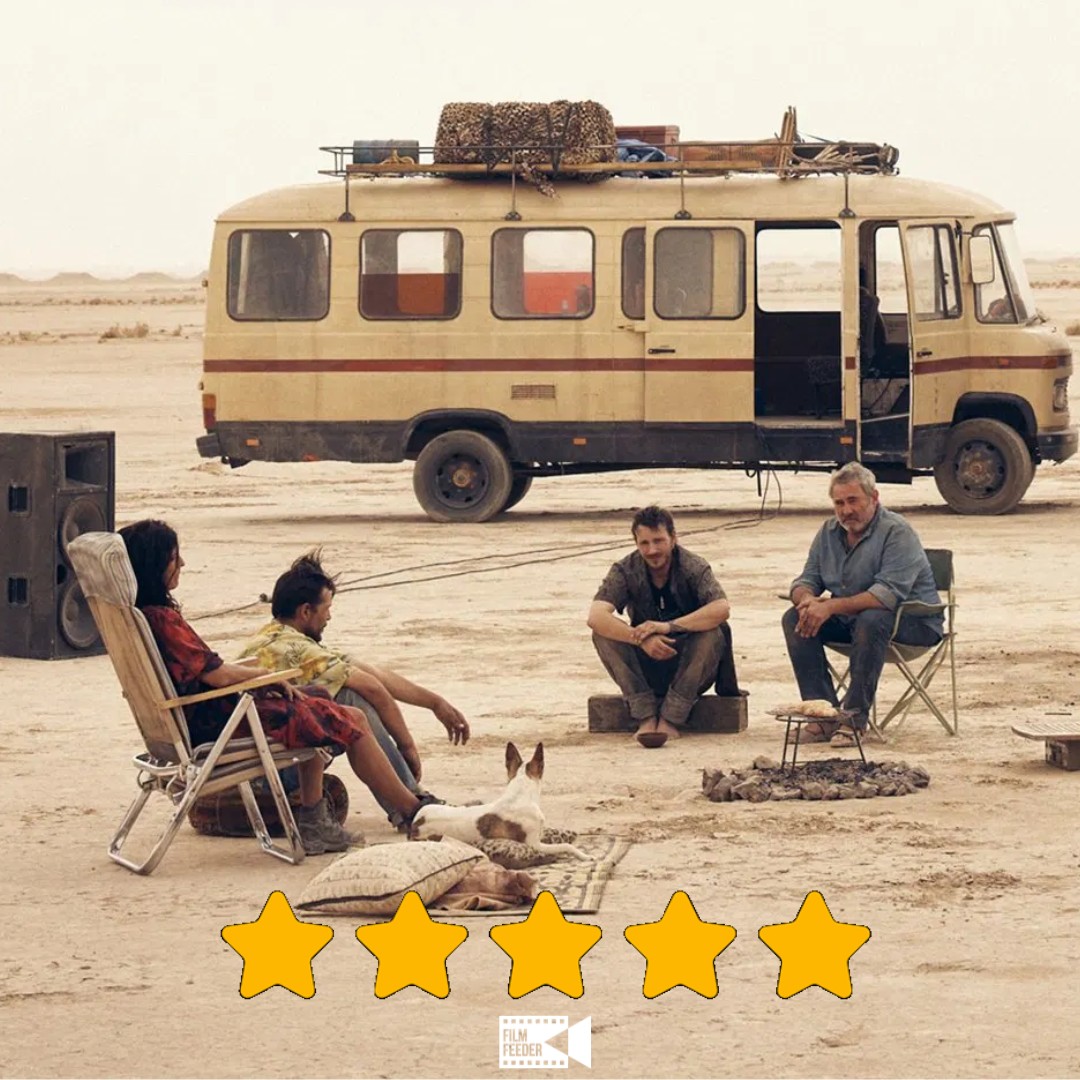
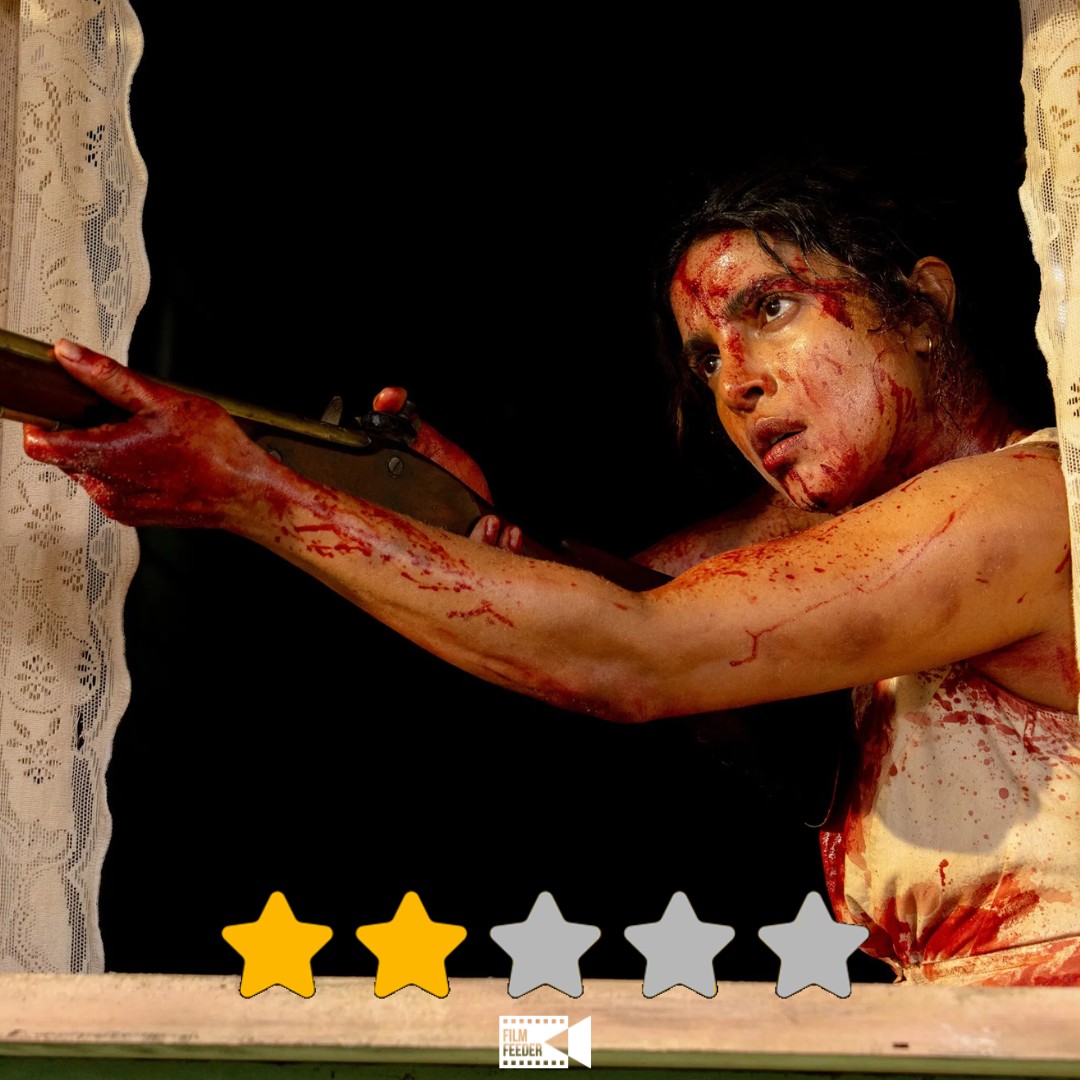
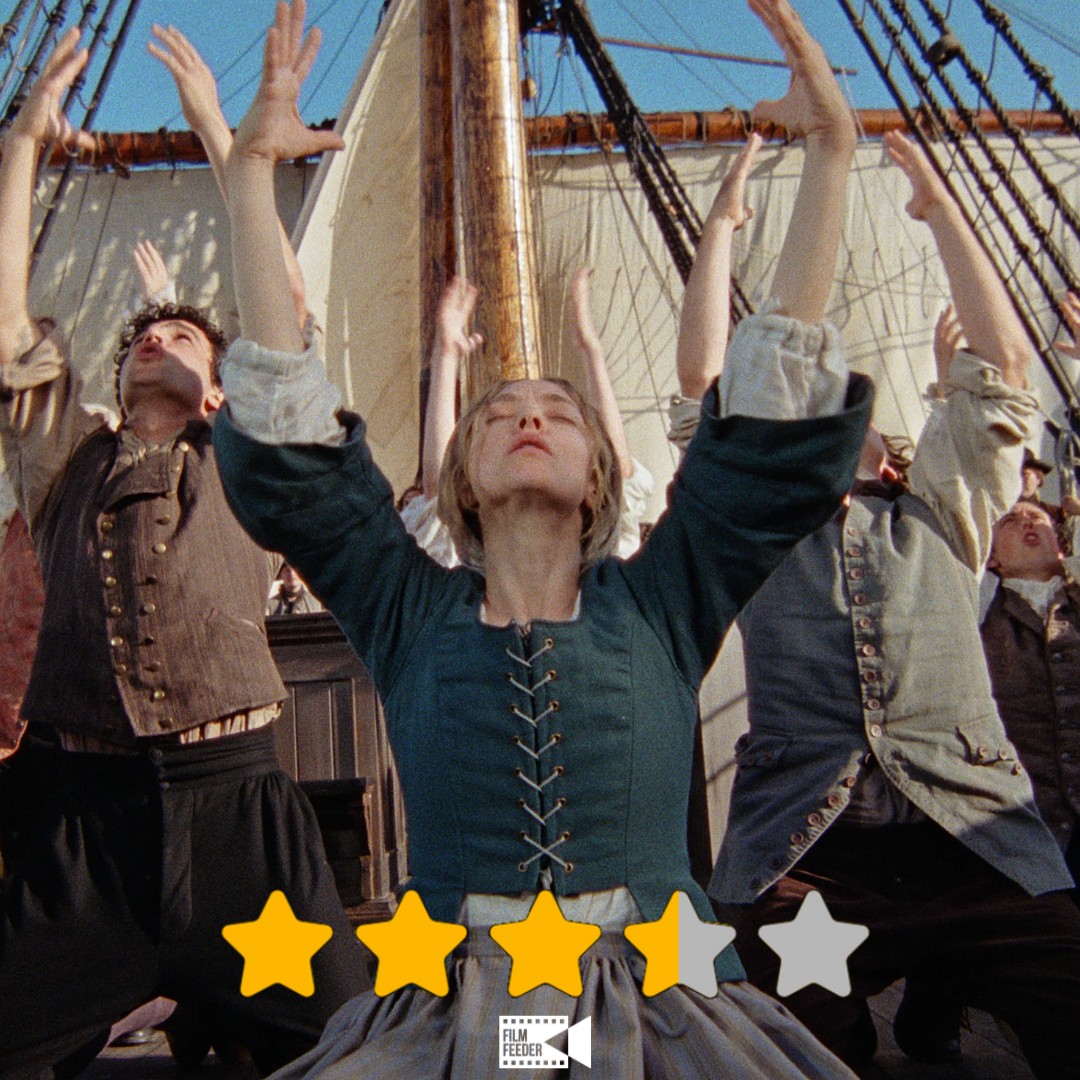
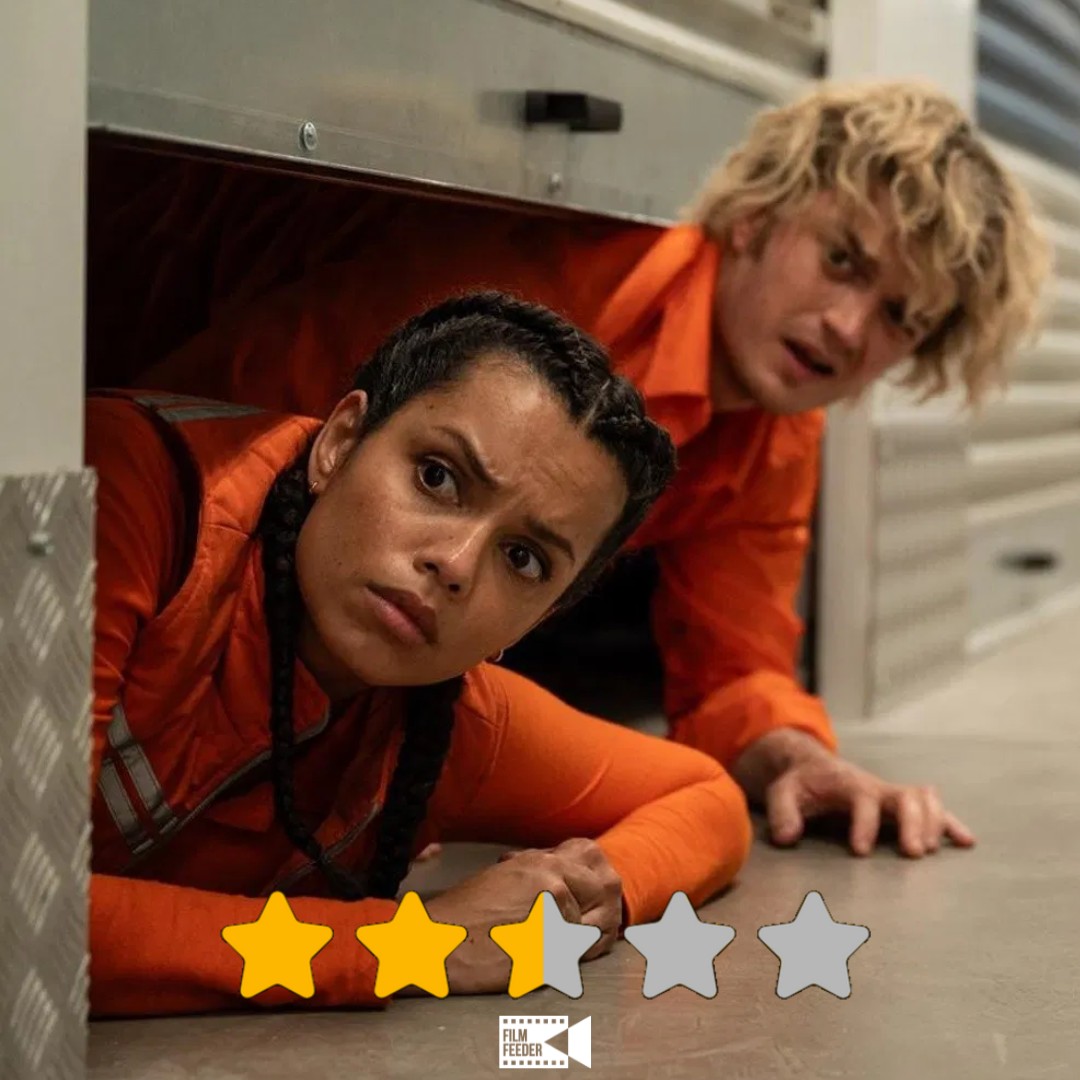

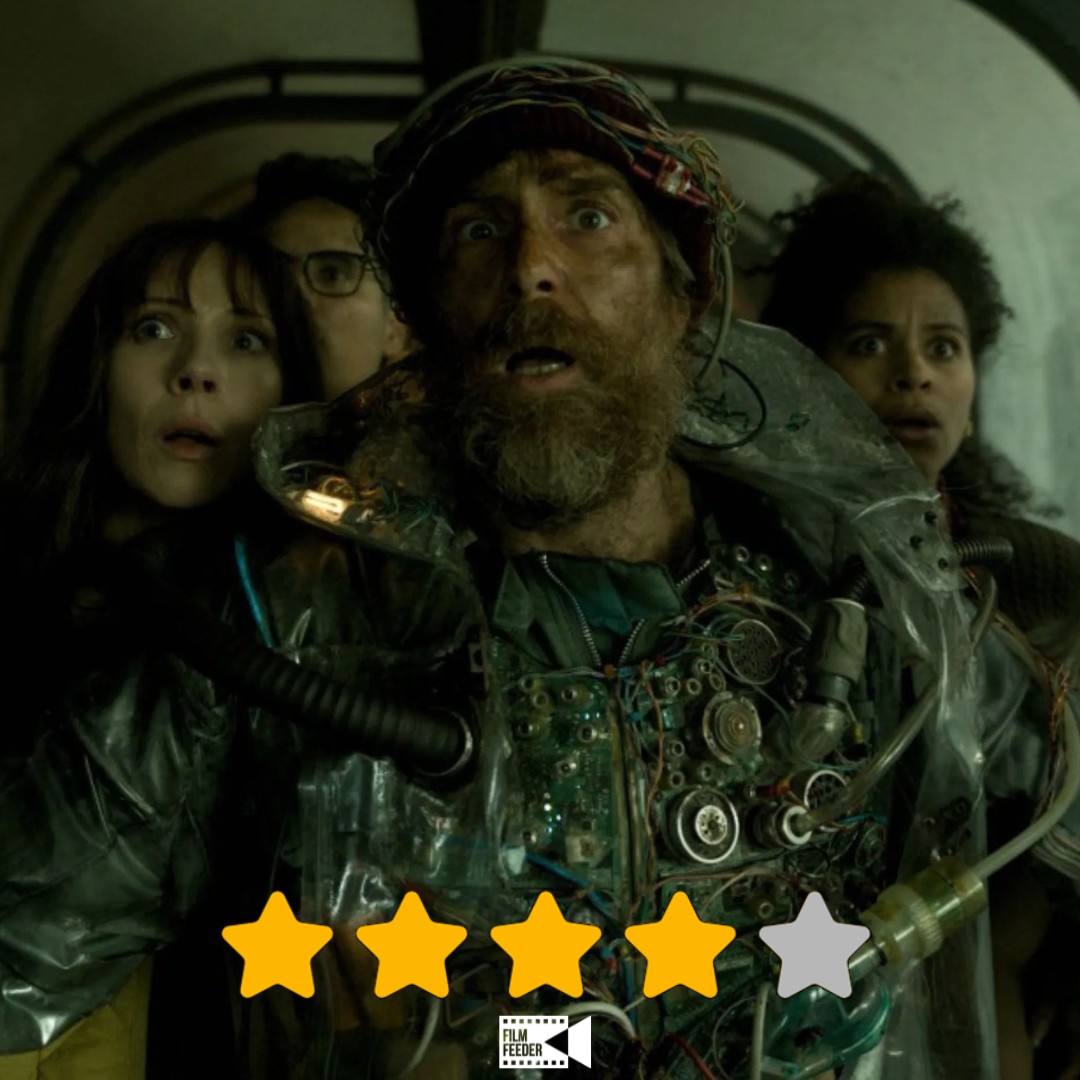

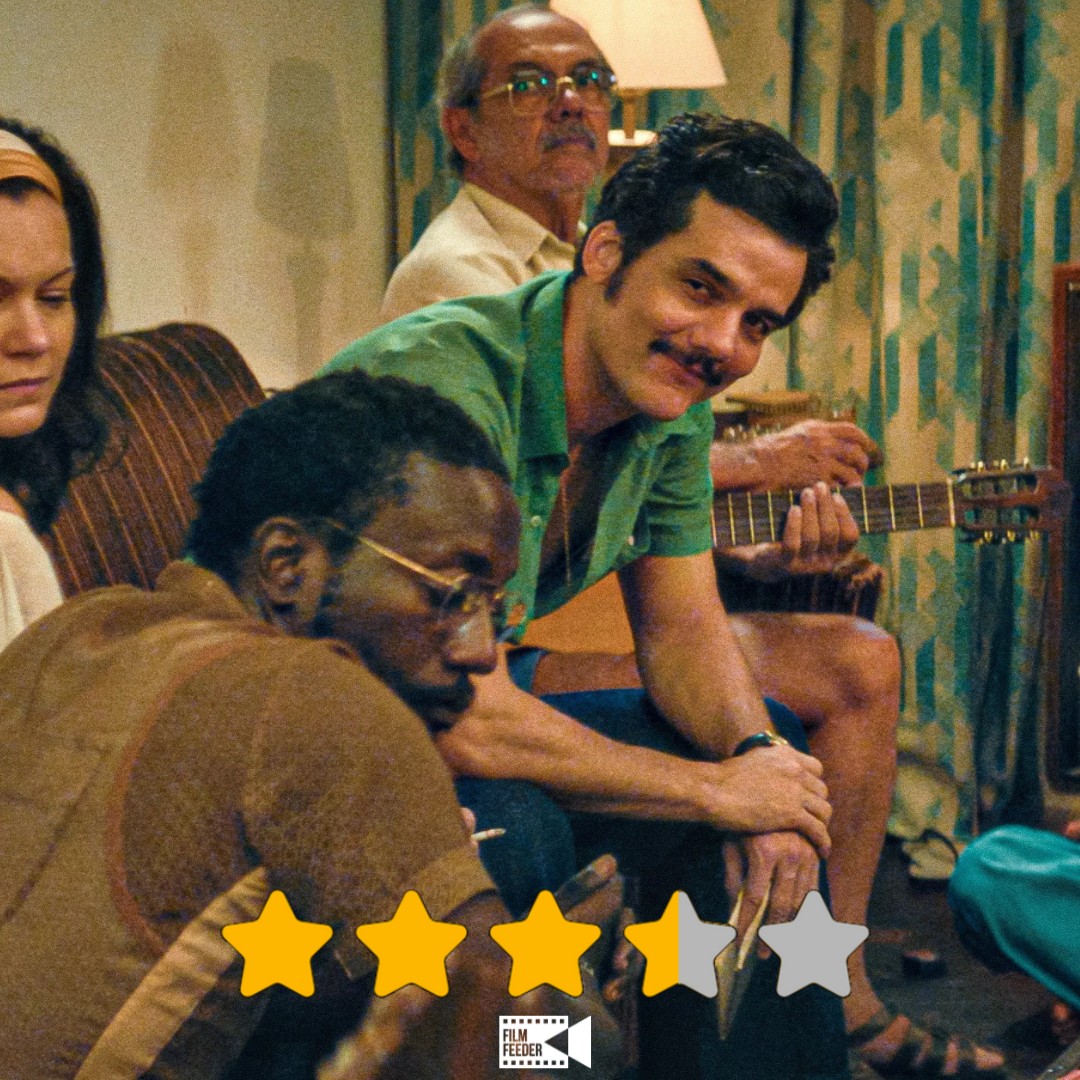
0 Comments